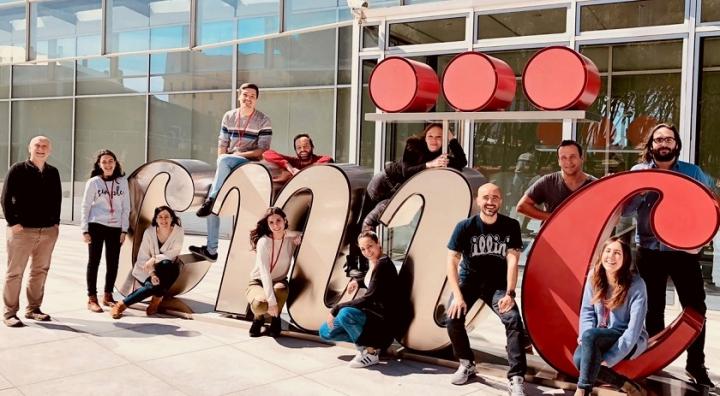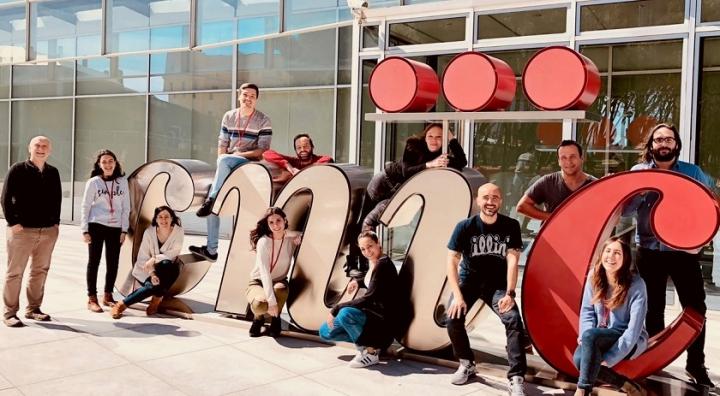
Credit: CNIC
The cells of the immune system sustain life by infiltrating infected and dmaged tissue and eliminating pathogenic microorganisms and cell debris. However, immune action produces a collateral damage of its own that can lead to autoimmune disease or contribute to the injury associated with myocardial infarction or stroke. Now, a new study led by CNIC researcher Andrés Hidalgo and published in the Journal of Experimental Medicine shows that in addition to its defense function and the associated damage to affected tissues, the immune system also plays an important role in the day-to-day function of healthy organs. The research results show that the immune cells called neutrophils help to maintain the normal function of healthy tissues.
According to lead author Hidalgo, life is a continuous battle between organisms. Large organisms, such as humans, provide a nutrient-rich environment for microbes and have developed an immune system to protect themselves against infection. To be effective, the immune system needs to be toxic, but this brings with it the risk of damaging the body's own cells and tissues. Commenting on the implications of this situation, study author María Casanova-Acebes explained that "the immune system is a two-edged sword, and the associated collateral damage can result in autoimmune diseases or the injury accompanying a myocardial infarction or stroke. One would therefore expect immune cells to be excluded from healthy tissues in order to avoid unnecessary damage."
But the present study shows that neutrophils, one of the major immune cell types, not only enter healthy tissues but also carry out a range of functions unrelated to immunity.
Using imaging techniques and high-resolution analysis of the immune system in mice, the CNIC research team discovered that almost all healthy tissues are infiltrated by neutrophils, especially at night, when mice are most active.
The research results show that tissues that are especially sensitive to damage, such as the brain, are usually 'clean', or free of these immune cells; in contrast, other tissues, such as the lungs, liver, spleen, and bone marrow, are full of neutrophils, even in good health.
Tumor metastasis
Moreover, the study shows that neutrophils perform a range of roles in several of these tissues, such as the intestine and lungs. According to study author José Ángel Nicolás, "an important finding of our study is that whereas the action of neutrophils is potentially dangerous in some tissues, in others it is beneficial; for example, maintaining the function of blood stem cells and preventing tumor metastasis in the lungs."
The study, which is the result of more than five years of research and collaboration with laboratories in Europe, Asia, and the US, is important because it reveals that the immune system not only has a defense function that can also damage tissues, but is also important for the day-to-day function of a healthy organism.
Andrés Hidalgo considers that the results underline the contradictions and paradoxes of biological systems, concluding that "understanding the subtleties of the immune system will be fundamental not only for disease treatment, but also for strategies to preserve health before disease develops."
###
About the CNIC
The Centro Nacional de Investigaciones Cardiovasculares (CNIC), directed by Dr. Valentín Fuster, is dedicated to cardiovascular research and the translation of knowledge gained into real benefits for patients. The CNIC, recognized by the Spanish government as a Severo Ochoa center of excellence, is financed through a pioneering public-private partnership between the government (through the Carlos III Institute of Health) and the Pro-CNIC Foundation, which brings together 14 of the most important Spanish private companies.
Media Contact
Fatima Lois
[email protected]
34-639-282-477
@@CNIC_CARDIO
http://www.cnic.es
Related Journal Article
http://dx.doi.org/10.1084/jem.20181468





